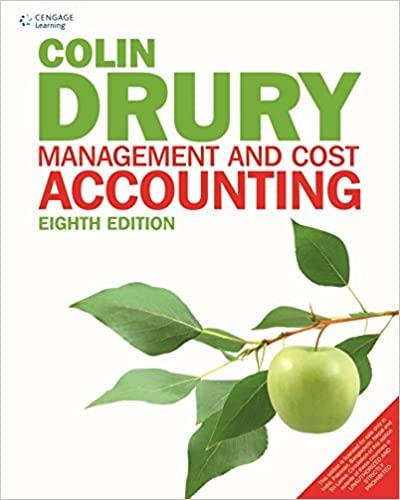Michael Portillo (a British MP) hosted a BBC documentary called Power to the People, which looks at
Question:
Michael Portillo (a British MP) hosted a BBC documentary called ‘Power to the People’, which looks at ways democracy can empower people. In an episode in March 2010, Portillo described what is, in effect, an example of zero-based budgeting (ZBB). In the documentary, Portillo visits a ‘You Decide’ session organized by the local council in Tower Hamlets, London. At this session, local people decide what is to be done with £250 000 of council money. They are given fully costed options under headings such as healthcare, the elderly and local policing. The options in each category can be debated for a time, then all present ‘vote’ for their preferred option using an electronic voting system like used those on popular TV shows. This process continues until all funds are allocated. What in effect has happened here is that the local residents are undertaking the ranking and deciding part of ZBB. This saves the council a bit of time and allocates resources to where residents decide is best. Of course £250 000 is a long way off a council’s full budget. The Tower Hamlets Borough Council terms the You Decide process ‘participatory budgeting’, but what it does at these community sessions applies the principles of ZBB.
Questions
1 What are the key advantages of allowing local people to decide where to allocate money?
2 How do you think the local council decided what service offerings were offered to residents at the sessions?
Step by Step Answer:






